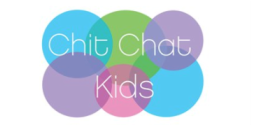SPEECH, LANGUAGE &
OROFACIAL MYOFUNCTIONAL SERVICES
OROFACIAL MYOFUNCTIONAL SERVICES
Evaluation and treatment for children and adults of all ages
Welcome to Chit Chat Kids, Speech, Language and Myofunctional Services located in
Cranston, Riverstone S.E. Calgary.
Cranston, Riverstone S.E. Calgary.
Tongue Thrust
Tethered Oral Tissues
Thumb Sucking and Oral Habits
Tongue Resting Posture
Stuttering
Articulation and Phonology
Expressive Language
Early Literacy
Childhood Apraxia of Speech
Receptive Language
